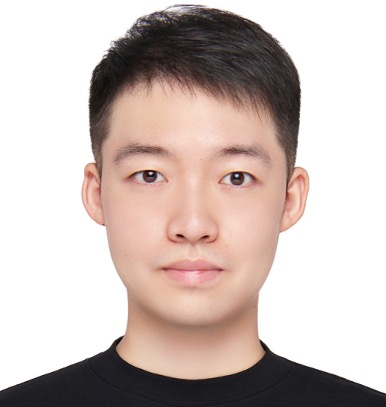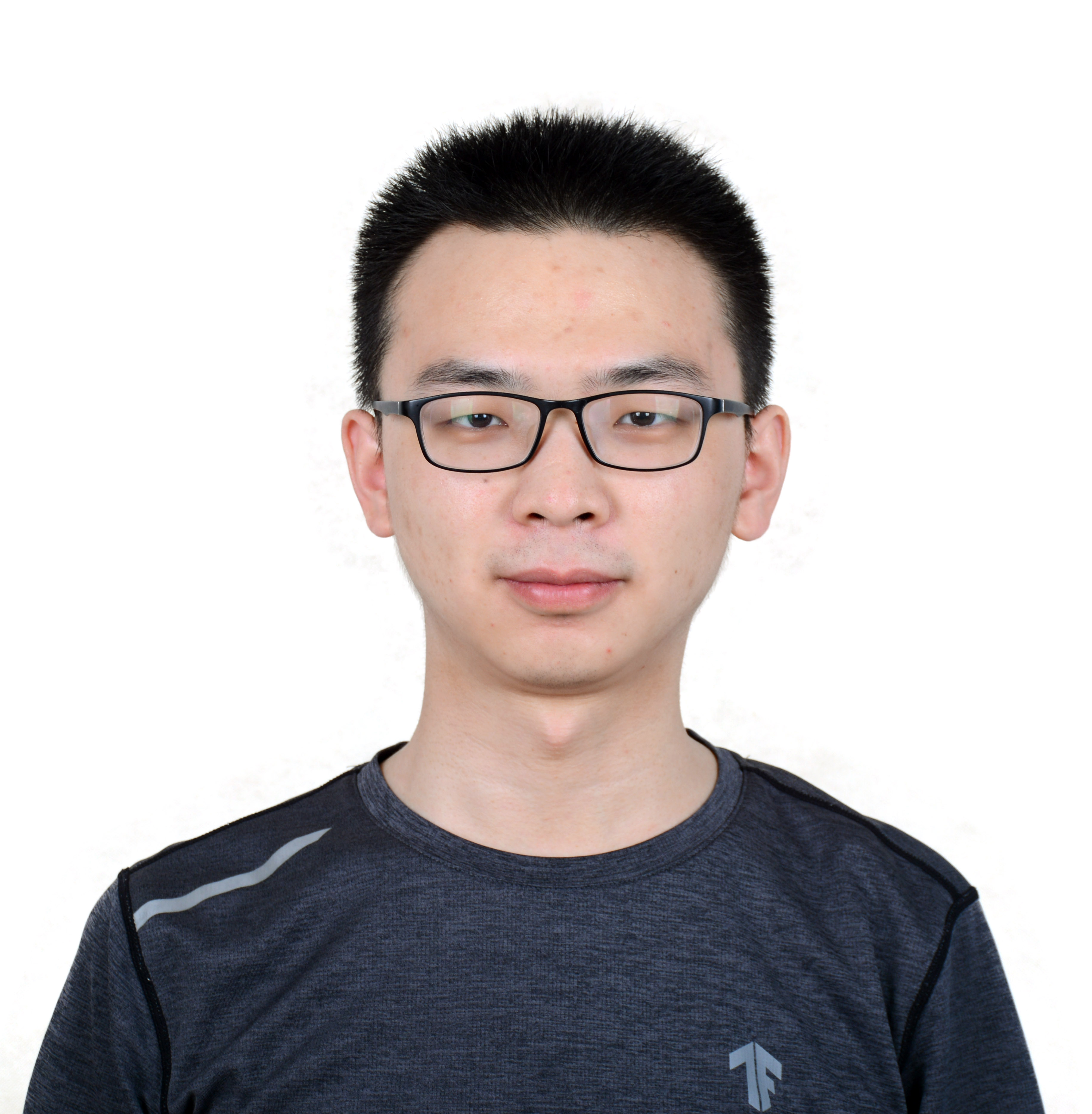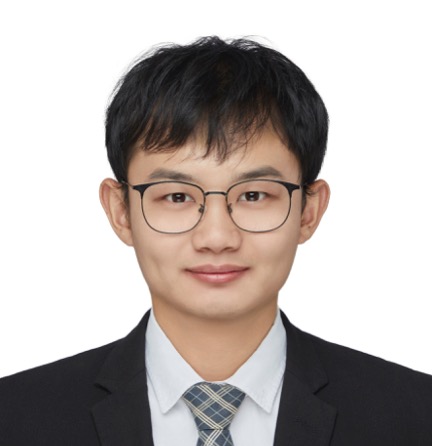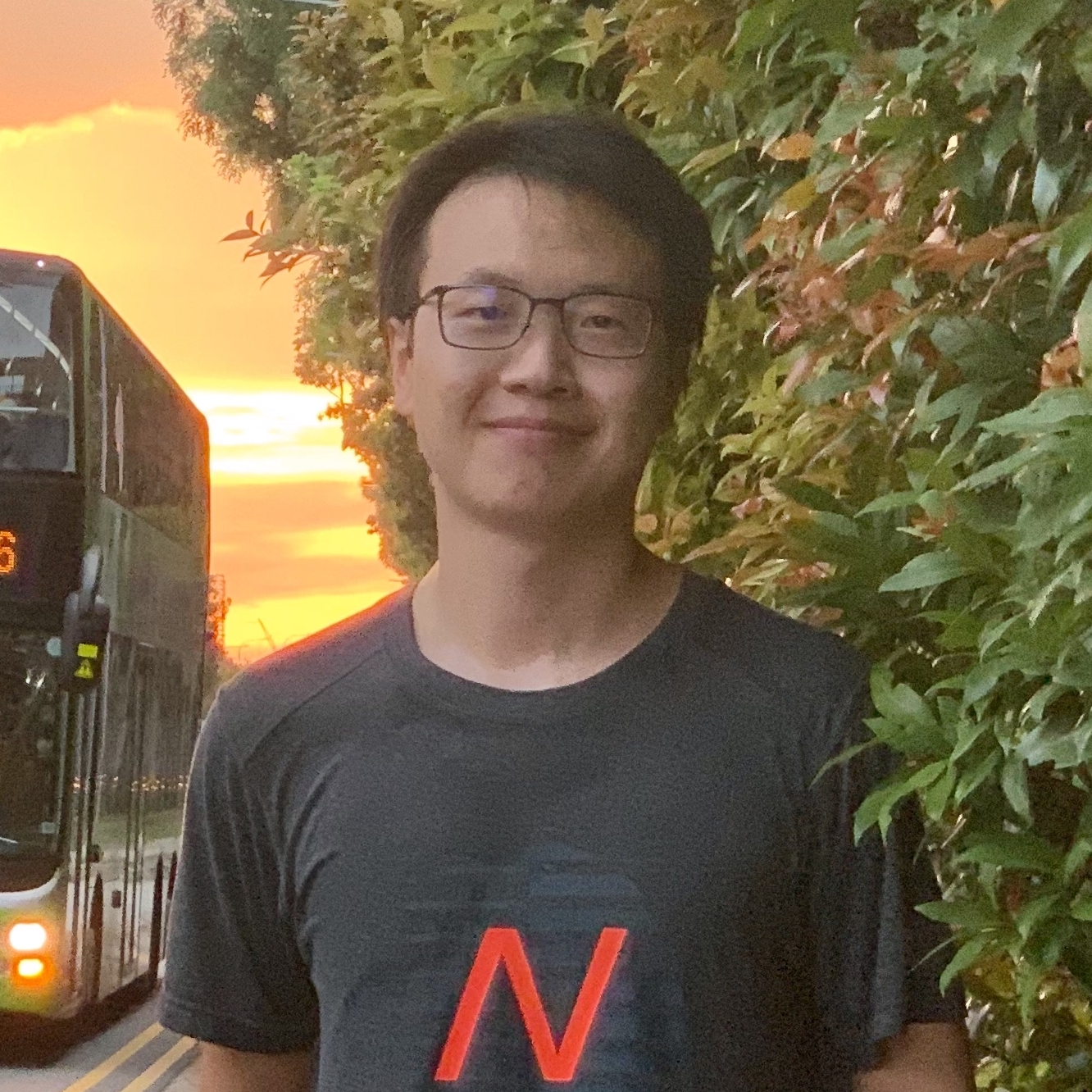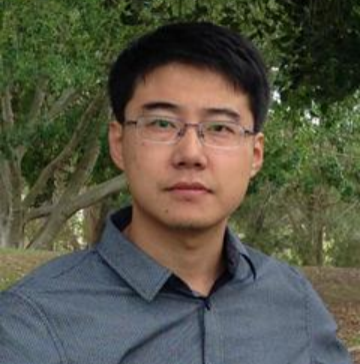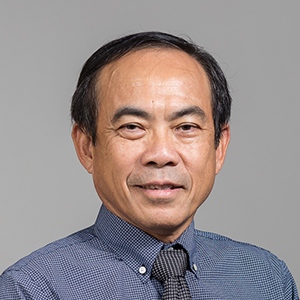Invited Speakers
Large-scale Generative and Multimodal Recommendation Systems: An Overview
Abstract
This keynote surveys the rapidly evolving landscape of generative and multimodal recommendation systems in large-scale industrial applications. I will first highlight recent advances that incorporate action tokens into generative models, exemplified by HSTU, PinRec, and GenRank. I will then discuss approaches that integrate LLM/VLM knowledge into recommenders, including representation alignment, distance transfer, and semantic ID learning. Across both directions, I will outline the key challenges in real-world deployment—data sparsity, feature heterogeneity, and latency constraints—and summarize emerging solutions and open problems. The goal of this talk is to shed light on the future evolution of generative and multimodal recommendation systems and their role in shaping the next generation of intelligent, foundation-level recommender architectures.
Bio
Dr. Junwei Pan is a Research Scientist in the Tencent Ads Science team. Before joining Tencent, he was a Principal Research Engineer at Yahoo Labs and Yahoo Research where he worked on news personalization, search relevance, and demand-side platform. His research interests lie in computational advertising, recommender systems, and LLM for recommendation. He has published over 30 papers in top-tier conferences like SIGKDD, WWW, ICML, ICLR, NeurIPS, SIGIR, AAAI, CIKM, etc.
Smarter Retrieval for Smarter Generation--When and How to Retrieve for Retrieval-Augmented Generation
Abstract
Retrieval-Augmented Generation (RAG) has emerged as a core paradigm for integrating external knowledge into large language models (LLMs), helping to mitigate hallucinations and compensate for outdated or missing information. However, retrieval introduces additional computational overhead due to longer input contexts and does not always improve generation quality—particularly when the retrieved content is irrelevant or low quality. In this talk, I will discuss when retrieval should be triggered—only when the LLM lacks sufficient internal knowledge—and how retrieval can be optimized to better complement generation. I will present recent advances on enhancing LLMs’ perception of their own knowledge boundaries, leveraging LLM-based retrievers to improve retrieval quality, and adopting utility-aware retrieval strategies that prioritize information most beneficial for downstream generation. Together, these directions aim to reduce unnecessary retrieval overhead and provide more effective supporting evidence for reliable and efficient knowledge-augmented generation.
Bio
Keping Bi is an Associate Professor at the Institute of Computing Technology, Chinese Academy of Sciences. She received her Ph.D. from the Center for Intelligent Information Retrieval at the University of Massachusetts Amherst. Her research focuses on retrieval-augmented AI, universal text and multimodal representation learning, and large language model alignment guided by the Honest, Helpful, and Harmless (3H) principle. She currently serves as General Co-Chair of SIGIR-AP 2025 and as an Editor of SIGIR Forum, and has previously served as Registration Chair of SIGIR-AP 2023, Tutorial Chair of NLPCC 2025, and Program Committee or Senior Program Committee member for numerous leading IR and NLP conferences. In addition to her academic experience, she also held full-time industry positions at Baidu (China) and Microsoft (U.S.).



